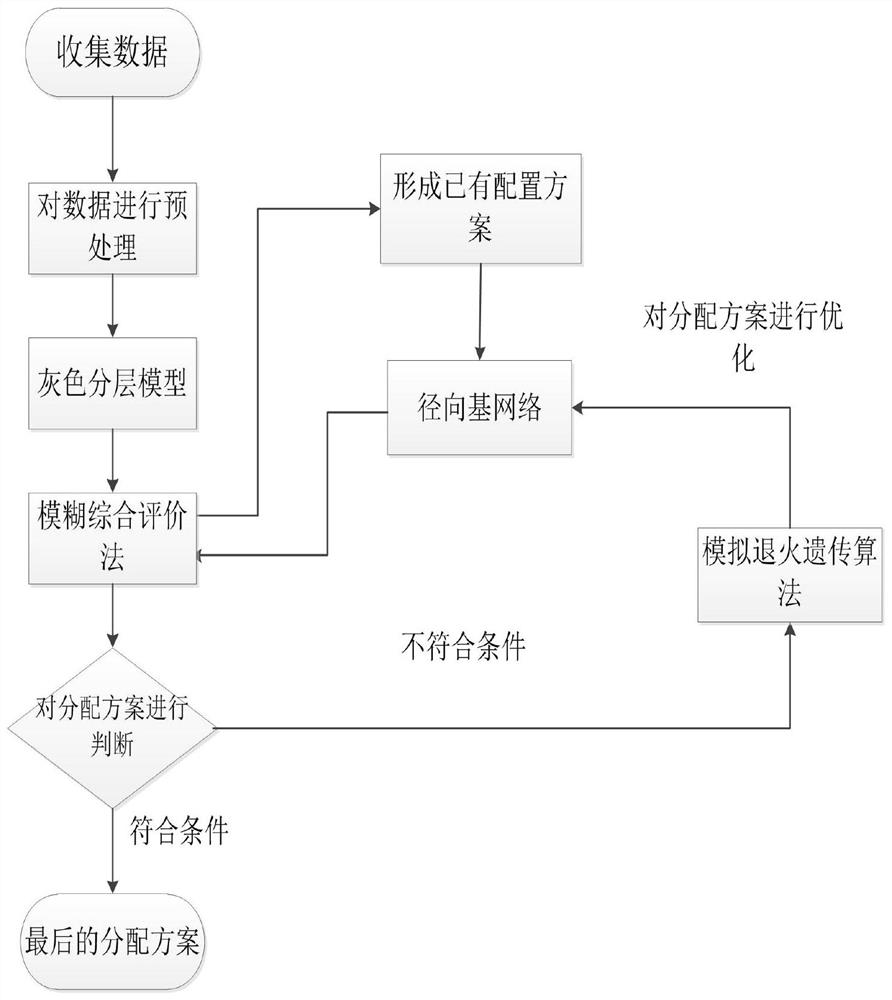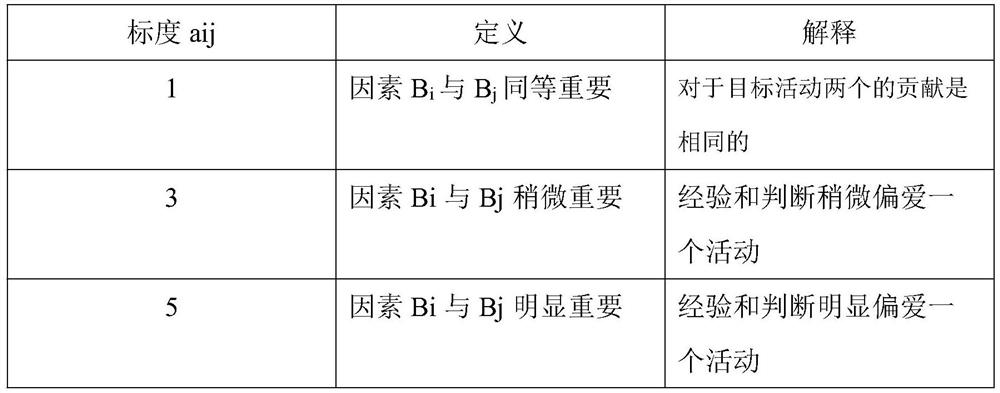An Intelligent Optimal Water Resource Allocation Method
A technology for water resource allocation and intelligent optimization, applied in the field of information, it can solve the problems of inability to simulate complex systems, difficult to reach, and inability to control parameters and conditions, to overcome inefficiency and impracticality, and to suppress ambiguity and inconsistency. deterministic effect
- Summary
- Abstract
- Description
- Claims
- Application Information
AI Technical Summary
Problems solved by technology
Method used
Image
Examples
Embodiment Construction
[0028]The present invention will be further explained below in conjunction with the drawings and specific embodiments.
[0029]figure 1 This is the system frame diagram used in the present invention, and the steps are as follows:
[0030]Step 101: Make full use of the neural network without considering the details in the middle, and directly link the input and output specifics. The radial basis neural network is used to connect the initial conditions of the environment, economy and ecology with the final allocation of water , The gray fuzzy layered model is pre-generated in the initial plan library.
[0031]Step 102: Use the preliminary plan trained by the RBF neural network and put it into the gray fuzzy hierarchical model to test the configuration results. If the conditions are met, the results are generated; if not, go to step 103, The training results that do not conform to the plan can be put into the plan library for the neural network to continue iterative training and keep improving....
PUM
 Login to View More
Login to View More Abstract
Description
Claims
Application Information
 Login to View More
Login to View More - R&D
- Intellectual Property
- Life Sciences
- Materials
- Tech Scout
- Unparalleled Data Quality
- Higher Quality Content
- 60% Fewer Hallucinations
Browse by: Latest US Patents, China's latest patents, Technical Efficacy Thesaurus, Application Domain, Technology Topic, Popular Technical Reports.
© 2025 PatSnap. All rights reserved.Legal|Privacy policy|Modern Slavery Act Transparency Statement|Sitemap|About US| Contact US: help@patsnap.com



